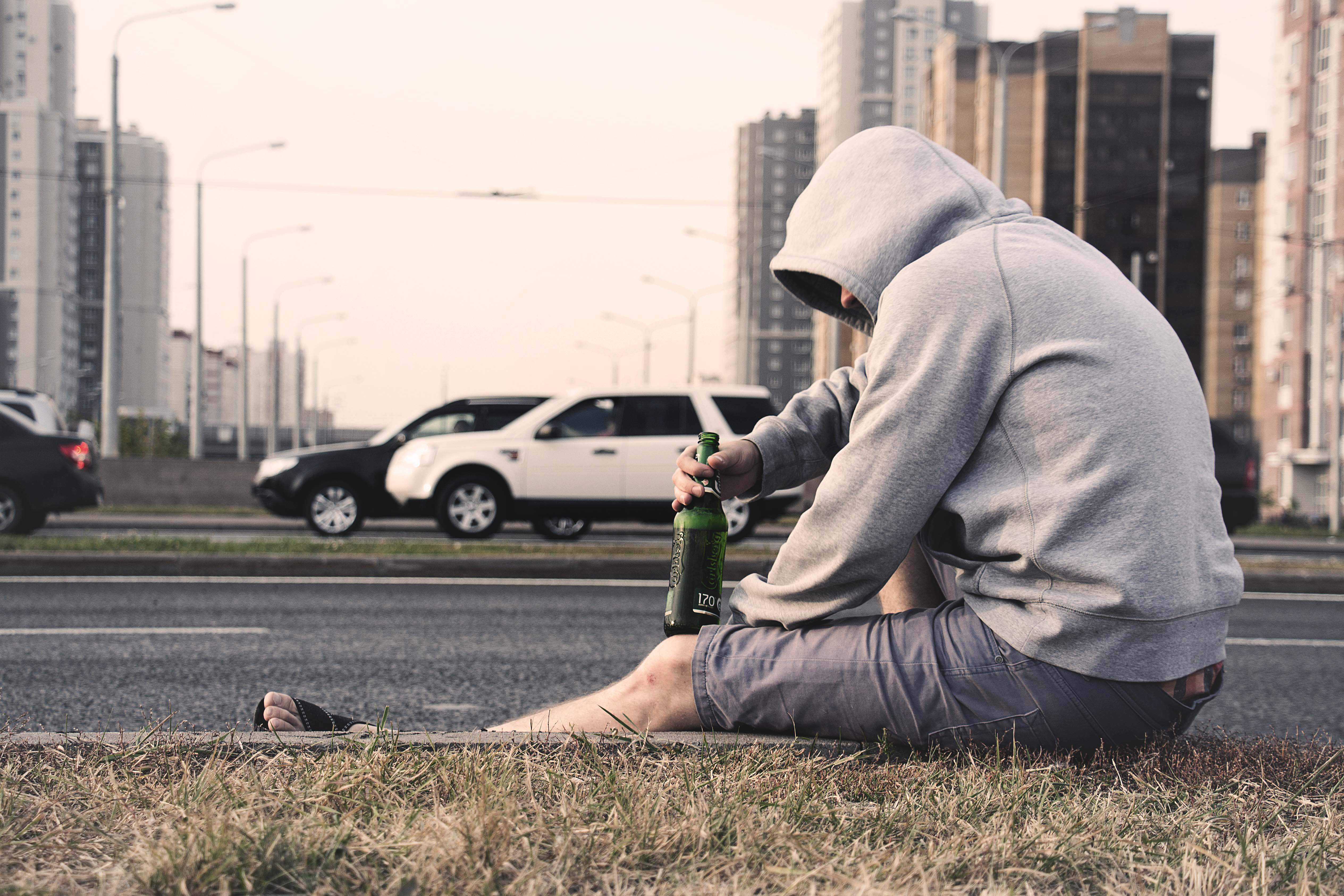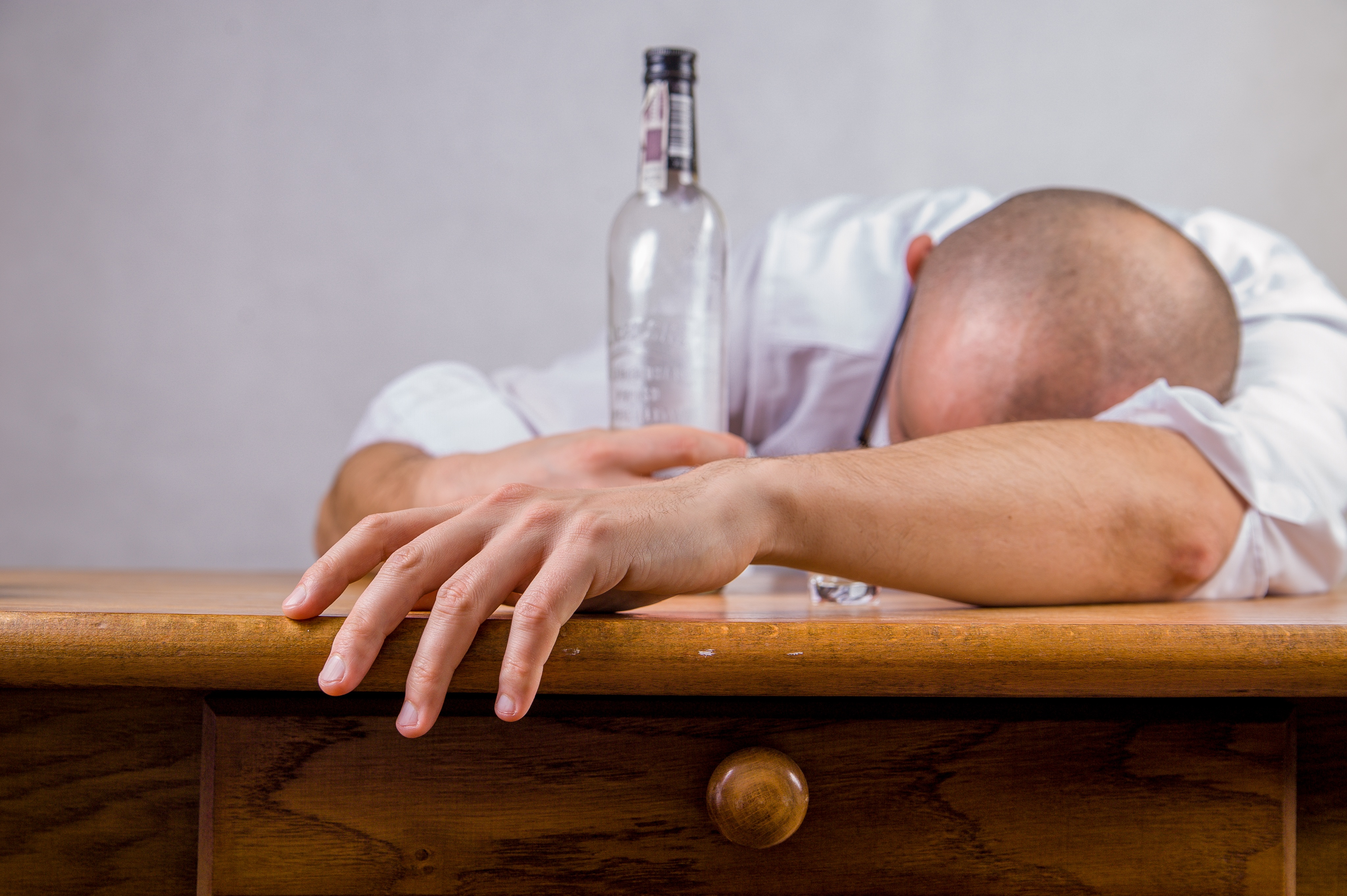
03 Nov Signs You Have an Alcohol Problem
Table of Content
A couple of drinks never hurt anyone, or so the old saying goes. But is that actually true? The fact of the matter is that alcohol has been a part of human society for millennia. Billions of people consume these beverages all around the world, whether as a cultural tradition, a way to relax or a method of dispelling social inhibitions. The consumption and sale of alcohol is legal in most countries, while the alcohol industry itself generates hundreds of billions of dollars in revenue each year all under the constant tagline: “Drink Responsibly”. If this is all true, if we are, indeed, drinking responsibly, then how do so many people fall victim to the predations of alcohol’s addictive and damaging nature and how can you tell if you are one of them?
Signs You May Have an Alcohol Problem
The amount you drink and the regularity in which you do so go can be clear signifiers as to whether or not you have an alcohol problem. However, there are other more insidious and less obvious signs of alcohol abuse that often get mistaken for sporadic over-indulgence or excused as someone having a particularly bad night.
“Blacking Out”
“Blacking out” is your body’s way of telling you that you’ve had too much alcohol, way too quickly. A sudden and serious spike in your blood alcohol content can lead to a loss of consciousness and memory. In this state, we can do things we otherwise would never have contemplated doing and never even remember doing them. The fact that this is incredibly dangerous to our immediate state of being goes without saying. Anyone who has ever woken up after a hard night of drinking in a place they wish they hadn’t can testify to this. Repeatedly blacking out can point to a serious problem with alcohol, as this is your body and brain’s best way of telling you that you’re having way too much, way too often. Considering being blacked out is not necessarily a pleasurable way to spend an evening, if you are repeatedly doing so you ought to ask yourself why you’re drinking so much in the first place.
Inability to Stop Drinking
The popular idea of an alcoholic is someone who is consistently drinking all day, every day. But how about those who drink consistently once they’ve started drinking? Having a drinking problem does not necessarily mean you have to wake up to a beer and drink throughout your waking hours. Abusing alcohol in large amounts even sporadically can point to an issue. If you’re one of those people who has one drink and then has to finish every drink in the house, if you can’t put it down when you need to or won’t leave behind a drink half full, then you very well may be suffering from an alcohol problem.
Drinking as a Coping Mechanism
Drinking alcohol is commonly used as a cure-all for stress, lack of sleep or having a bad day. In a word it becomes a crutch, a way to escape the problems of our lives in a bubbly haze of sedative pleasure. The scientific fact that alcohol itself does nothing to our minds or bodies that is in any way beneficial is blatantly ignored in favor of the “hard day = tall beer” mentality. This willful ignorance could be acceptable if sporadically employed, however those with an alcohol problem will use it as often as possible. The slippery slope into alcohol addiction usually begins with the drinker abusing alcohol to cope with some sort of emotional downturn (this idea is often perpetuated in film and television and has thus become a staple in our society).
We believe, quite mistakenly, that having a drink calms us down, keeps us keen, and makes the world a sunnier place. This feeling will only last temporarily, however, as using alcohol as a way to relieve our problems is a sure step towards developing an alcohol problem. Excess alcohol consumption is known to cause emotionally and physically violent behaviors, as well as a serious slip in focus and a deterioration in our threat assessment (not to mention the long-term health problems that can ensue from alcoholism). This can lead to more stress and worse days than we formerly had, which can in turn lead people with an alcohol problem to drink more alcohol to cope.
Drinking when you shouldn’t
There is a strange and dangerous allure to drinking at inappropriate times and in inappropriate places. Many of us have seen a flask come out at public gatherings where alcohol is considered taboo, while others have watched friends have a few beers before driving home. If you are the person starring in these stories of alcohol adventurism then it is possible that you may have a problem with alcohol. Obviously drinking and driving is a terrible thing to do and has cost too many lives throughout the years, but what harm is a water bottle full of whiskey at a ball game or a cheeky wine-cooler on a public beach? The answer lies not in the beverage itself but in your insistence upon its presence.
As alcohol is often used as an emotional crutch, it is also used as a social one. Will others think you’re less fun without alcohol? Does being the life of the party rely exclusively on your ability to have alcohol on hand and ready for consumption? If alcohol is so wrapped up in your identity that you will find a way to sneak it into places where it is not allowed or consume it secretly where if seen it would be considered disrespectful or dangerous, then you may have a problem with the substance.
Hiding your Alcohol Abuse
Fear of others finding out how much or how often you drink is a common sign you have an alcohol problem. The judgments of other individuals are not always our own and some people may frown on any and all use of alcohol. Lying to them about your own consumption can seem like a good way to avoid conflict but it may also point to your own guilt about your relationship with alcohol. Pretending you’ve had fewer drinks than you have actually had or pretending to not have drank anything at all would indicate shame in your level of consumption and thus may point to a problem with alcohol. Alienating yourself from your friends and family whilst drinking may also be due to past dramatic episodes while under the influence. This can leave your loved ones suspicious of you when you have been drinking and may force you to hide it.
New friends with similar high-risk behaviors may be sought as replacements, people who drink as heavily and as often as you do or do not judge you on your drinking habit. These people may seem like they accept you for who you are but they are also accepting your problem as part of your identity. If you find yourself in a situation where your old friends have fallen by the wayside to be replaced with a faster drinking set, then you may be suffering from an alcohol problem.
Tolerance
Tolerance, or the amount of alcohol we must consume in order to reach our desired level of inebriation, is something that can point to whether or not we have an alcohol problem. If your tolerance is high, then chances are you have been consuming more alcohol over a longer period of time than someone who has a lower tolerance. Long-term abuse of alcohol on a consistent basis can raise your tolerance to extreme levels. This is often celebrated in our culture rather than vilified. How many of us have heard people described as “light weights”, “cheap dates” and other unseemly labels, simply because their tolerance to alcohol was low? Conflating high tolerance with “manliness” or “coolness” has disguised the grim truth of having a higher threshold for drunkenness… which can be a waypoint of alcoholism.
Suffering Withdrawals
If you have suddenly stopped drinking and begin to feel the physical and psychological symptoms of alcohol withdrawal then you probably have a problem with alcohol. Withdrawal is not the same as having a hangover, though it may be mistaken for it. Anxiety and agitation will be high, while your appetite and general mood will be incredibly low. Alcohol withdrawal is a very serious condition and you may require medical supervision in order to safely get through it.
Questions You Should Ask
If you think you might have an alcohol problem or show any of the signs of having one then there are a few questions you should ask yourself:
- Do you drink alone?
- Do you drink every night?
- Do you drink most nights?
- Do your hangovers affect your ability to succeed in work or at school?
- Do you ever suffer memory loss after drinking?
- Do others talk to you about your alcohol consumption in a worrying fashion?
- Do you drink in order to help accomplish certain tasks at home, work or socially?
- Do you think drinking solves your problems?
If your answer is “yes” to any of these questions then it may be time to have an honest conversation with yourself about your relationship with alcohol. Most of the time it is only yourself who will know that you have a problem with alcohol, so do not expect friends or family to suddenly demand you stop drinking.
Societal Acceptance of Alcohol Abuse
In the United States and many other Western countries, alcohol is a huge part of our everyday lives. Our televisions play humorous and highly sexualized beer and hard liquor advertisements, while billboards and bus stops are covered in “crisp lager” and “sophisticated scotch” slogans. After work or on the weekend many of us are encouraged to drink alcohol. Drinking may be a family tradition or the most common activity we share with our friends. Ours is, after all, a drinking culture and as such we too often lose sight of alcohol consumption’s consequences.
Many people in this country suffer from alcoholism and many more are in the process of developing it. This is a serious disease that can tear families apart and ruin lives. The best way to fight it is to seek treatment as soon as possible. If the problem is so severe that professional guidance and rehabilitation must be sought then you should not hesitate to do so. Real change and real recovery should be your goals in this case, because strangely enough, although society is incredibly lenient about the abuse of alcohol it is not so forgiving on those who make others suffer as a consequence of its abuse.
Seeking Treatment
If you or someone you love has an alcohol problem then they will probably require medical care to make it through the symptoms of alcohol withdrawal without relapsing. Detox is an incredibly important step in an alcohol abuser’s journey; hopefully the first along the road to full recovery—and should be contemplated beforehand with as much information at your fingertips as possible. Outpatient treatment for alcohol withdrawal and recovery will see the alcoholic through the detox period surrounded by medical and mental health professionals. Once detox is achieved, the alcohol abuser will be sent home to undergo further treatment of their own volition. At this point, joining Alcoholics Anonymous or another support group may be exceedingly beneficial, as will signing up for one-on-one and/or group therapy.
The inherent danger of seeking recovery through outpatient treatment is that triggers for relapse will land you right where you left them once you return home. That is why checking yourself into a residential treatment center may be a better idea. At these facilities you will receive long-term care from dedicated professionals who will not cave to manipulation or let you take that desperately needed drive down to the liquor store. Work and school may have to take a backseat to recovering from your alcohol problem, but it will be worth it in the end. Most residential treatment centers combine the care that you would find at an outpatient center with intensive post-detox therapy and counseling.
Sources:
“Warning Signs of Alcoholism.” Alcohol Rehab Guide. 14 Mar. 2019. https://www.alcoholrehabguide.org/alcohol/warning-signs/
Lautieri, Amanda. “Stages of Alcoholism: Early, Chronic and End Stage.” American Addiction Centers. 14 Mar. 2019. https://americanaddictioncenters.org/alcoholism-treatment/stages
“Do I Have an Alcohol Problem?” WebMD. 14 Mar. 2019. https://www.webmd.com/mental-health/addiction/understanding-alcohol-abuse-symptoms




 678-771-6411
678-771-6411



No Comments